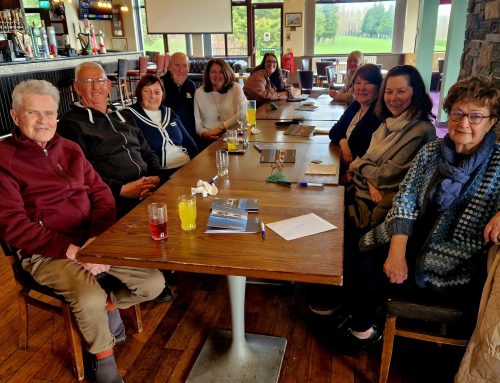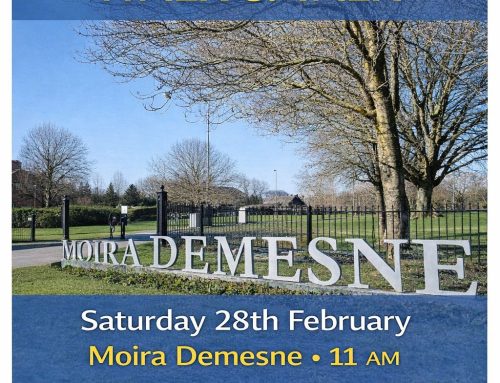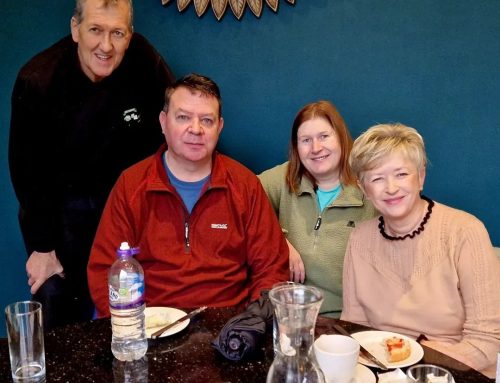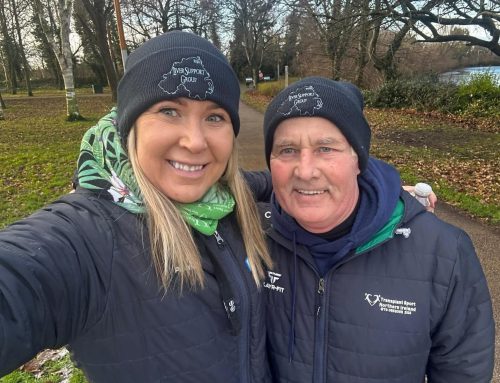The 16th AGM of the RVH Liver Support Group was held in the Samuel Irwin Lecture Theatre on Thursday 10th April.
Guest speaker for the evening was Dr. Roger McCorry, recently appointed consultant hepatologist at the RVH.Members, guests and friends met and chatted over light refreshments before the meeting which got underway at 7.30 p.m. Initial business was the adoption of the minutes of the AGM for 2013 and of the Treasurer’s Report for 2103-14.
In his Chairman’s report, Donald Cairnduff reflected on a satisfying year which included:
· a successful outreach event for children and parents at the Odyssey in September;
· a successful outreach event for adults at the Seagoe Hotel in November,
· two challenging and informative members’ meetings in October and February;
· an outlay of £4, 800 on patient care;
· an outlay of £17, 712 on hospital equipment
· and continuous steady and sensitive work on patient care, which is by far the most important facet of the group’s work.
He paid tribute to the many members and friends of the group whose efforts had raised £19, 325 for its work during the year. He also offered his sympathies to all who had lost loved ones, including the friends and families of two recent committee members, Carina Matthews and Siobhan Gough.
The full report can be read by visiting the From the Chairman page on the website.
Dr. McDougall took charge of the meeting while the committee stood down. The Committee for 2014-15 was then voted in: Gordon Cave (President); Donald Cairnduff (Chair); Kay Duffy (Founder); Sharon Millen (Vice Chair); Eileen Hearst (Secretary); Tom McCready (Treasurer); Jennifer Cairnduff: Seamus Cunningham; Rachel Quinney-Mee and Anya Toner.
The meeting concluded with a fascinating presentation by Dr. Roger McCorry. After summarising his career to date, Roger discussed ‘operational tolerance’, where the liver graft keeps functioning properly and the recipient’s immune system stays strong despite the absence of immune-suppressive drugs. Current research, while recognising the challenges and risks of weaning patients off immune-suppression, estimates that operational tolerance may soon be possible in up to 40% of selected cases. Meanwhile, stem cell therapy offers the potential of transforming liver fibrosis into a healthy functioning liver. While never downplaying the difficulties, Roger’s presentation offered a vision of a future when life might be easier for many transplant recipients. The lively question and answer session that followed showed that it had certainly caught the imagination of his audience.
[/fusion_builder_column][/fusion_builder_row][/fusion_builder_container]






